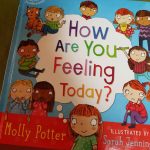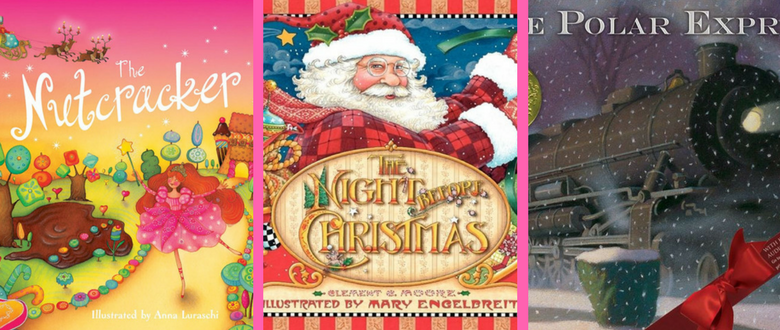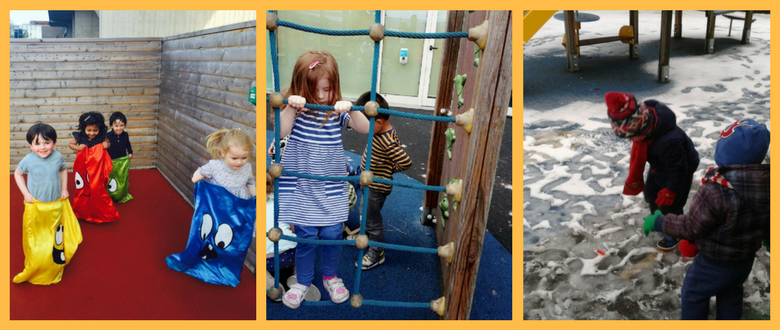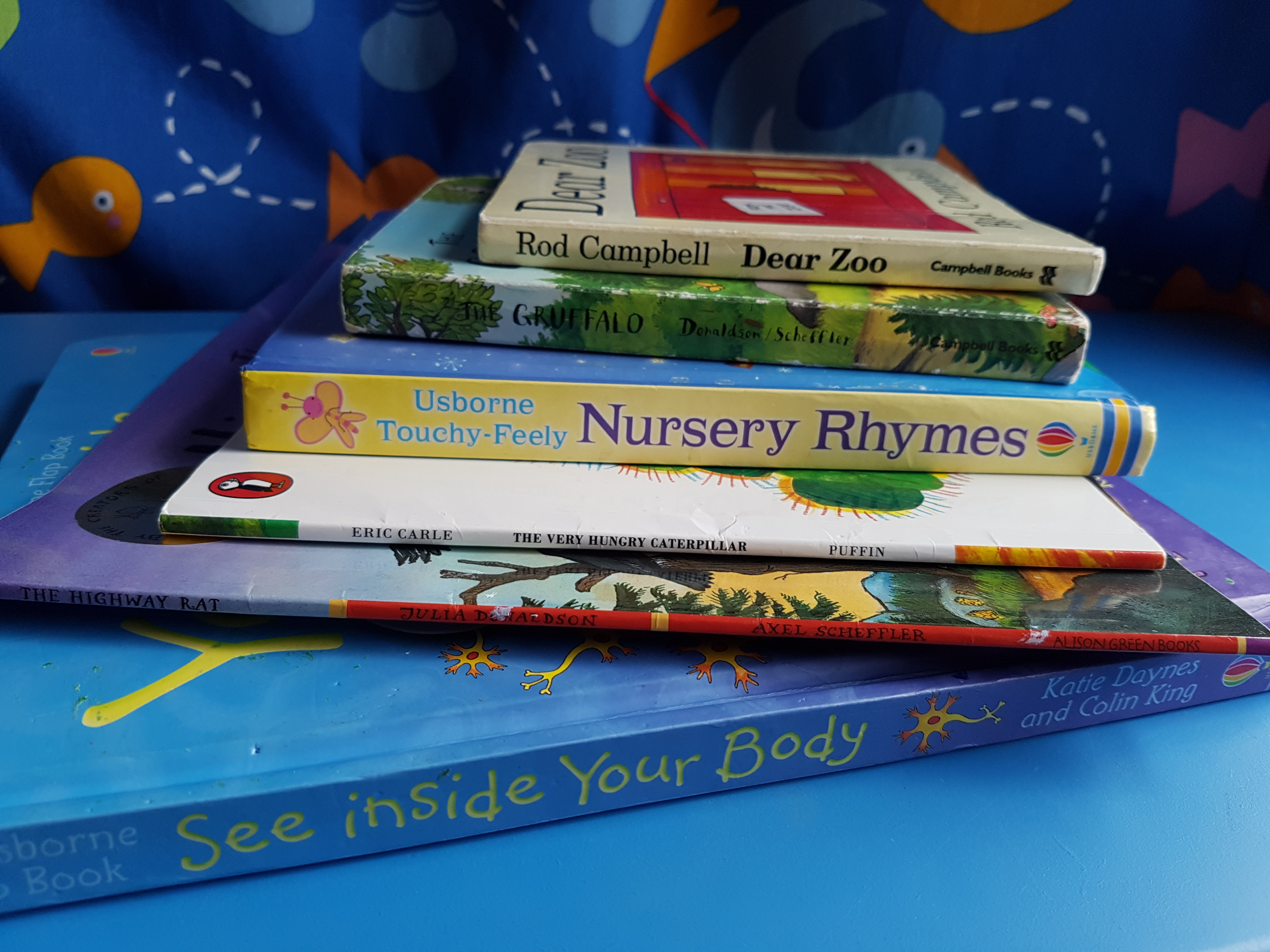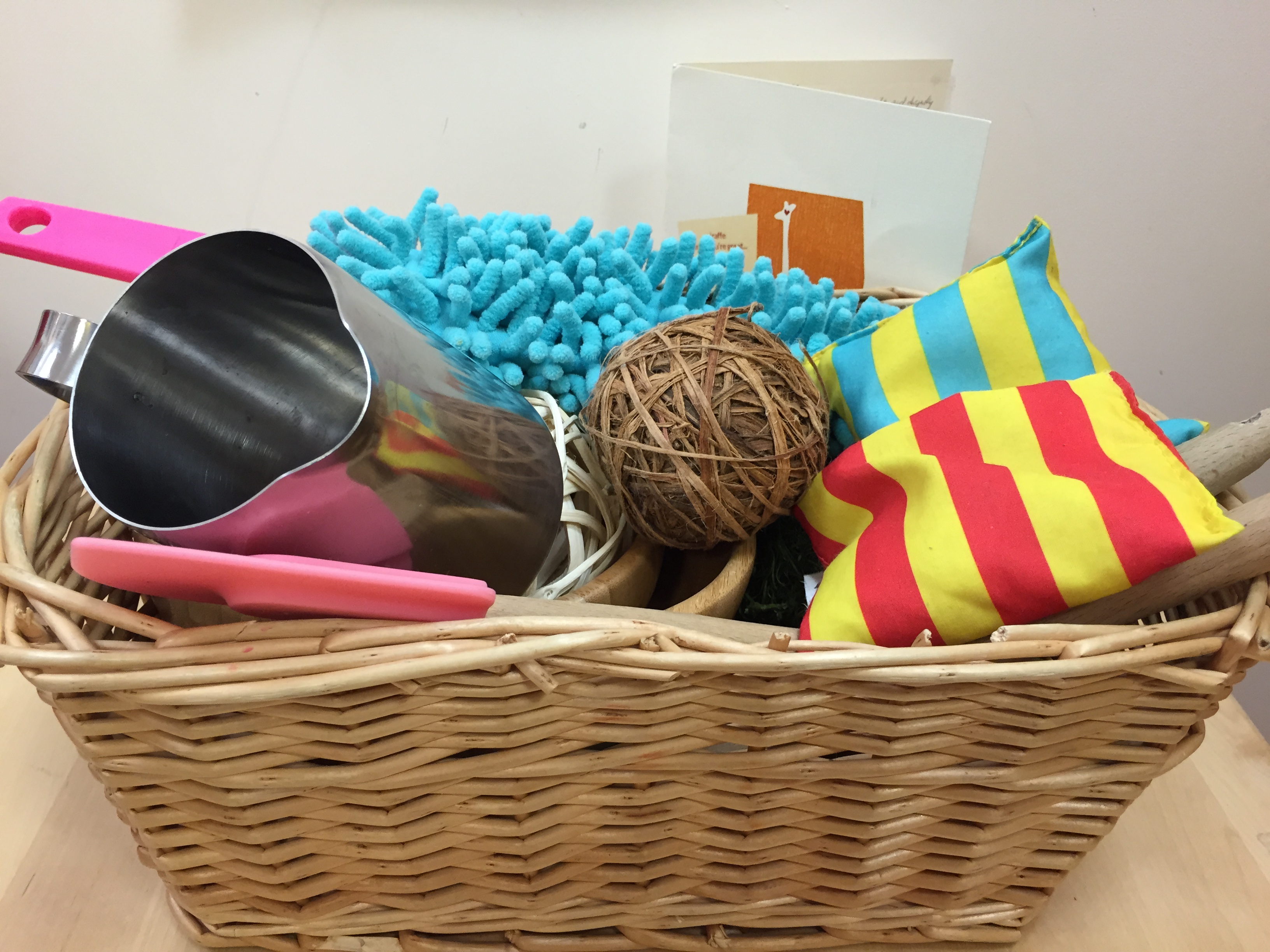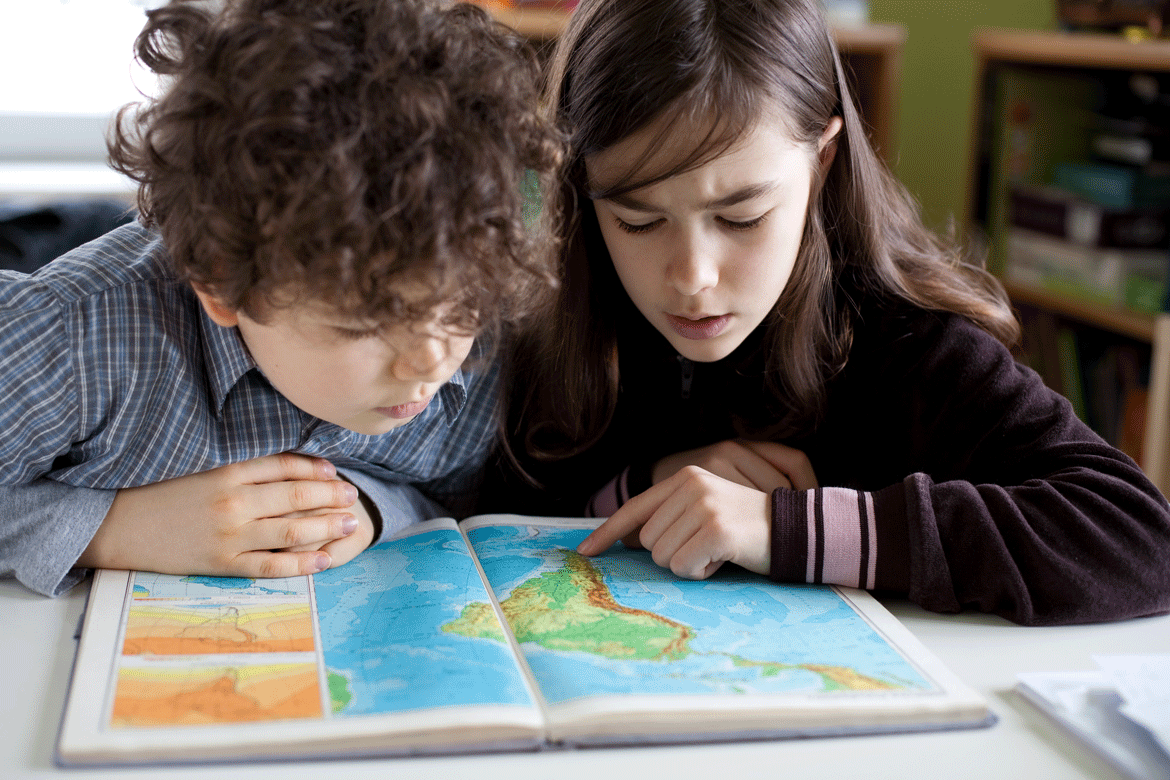Making reading fun

by Bryony Sutherland
Reading is an intrinsic part of our culture and a life skill your little one simply can’t afford to miss out on. Through the magic of words, kids can escape to fairy-tale castles, far-flung planets and deep dark forests. And if you can foster an early love of reading, your child won’t just benefit from the enjoyment of the stories he can then read himself, but he will also have the confidence to tackle any tasks he meets at school and beyond.
Our teachers do a brilliant job, but there’s just no getting around the fact that once he reaches school age, your child will be one of a class of 30 and one-to-one attention will in short supply. If you can grab his attention while he’s still young and encourage an appreciation of books, then this will go a long way to counteract any resentment he may later build up against the perceived גtask’ of making the letters make sense. This by no means necessarily equates to premature home schooling; rather teaching yourself to include reading and its associated skills as part of your family’s daily routine.
Choose visually stimulating books
Bright colours, fun textures and chunky flaps that little fingers can open and close to reveal the hidden characters beneath naturally fascinate babies. Children well into secondary school age tend to prefer books with pictures. So when you’re considering which book to buy, think about the design and the illustrations as much as the text – a good picture should capture the imagination and make the reader want to learn more about the story behind it. Find some of our favourite books here.
Story time
Traditionally story time takes place at bedtime, and there is undeniably something very special about being tucked in by a loved one who is reading a story just for you. Most of us will then drift off to sleep to dream about the colourful characters therein the books! It’s as much a gift for the parent or carer too, as you witness your child’s calmness at the end of the day.
Build story time into your bedtime routine from as early as your child can hold up his head to look at the pictures. Repetitive words and phrases will help advance your older baby’s vocabulary and more progressive narratives will stimulate your toddler’s comprehension. As your child grows up, more advanced books will entertain and stimulate as characters and plotlines develop.
And why stop at bedtime? Reach for a book any time you sense your youngster is getting overexcited, tired or bored, and see what a calming effect your words and the pictures can have.
Use songs and games
Any playgroup setting will demonstrate just how much young children adore rhyming and action songs. Try to include tunes like the ‘Alphabet Song’ that will actually teach your child a skill as well as being fun to sing. At home, stock up on ABC jigsaws and board games. Playing with words and language will encourage learning in a amusing and, if appropriate, challenging way.
Nowadays, reading is taught by the use of phonics. So make sure to build sounds into daily conversation. For example, a Snake begins with the letter S and what sound does it make? And a Bouncing Ball? This is something kids catch on to more easily than you might expect, and you can have a lot of fun with it if you think creatively.
The outside world
Of course it’s not all about words on the page. Take your early reader out and about and point out road signs, supermarket displays and anything you come across along the way. Your child will soak up the experience and gradually understand how inherent reading is to society, and how necessary it is to help us live our lives.
Lead by example
If you’re forever glued to a TV screen, then your child will grow up thinking that’s the way to behave. So show them you read for pleasure too. It doesn’t matter whether it’s a book or magazine, fact or fiction; as long as they see the pages turning, it will do the trick. For a curious older child, perhaps discuss what you’re reading, and show him how much you’re enjoying it by your enthusiasm.
Providing you keep it fun, light and natural, then reading can be embraced with an open mind and the wonderful curiosity that is such a fundamental part of childhood.
Related Posts
Christmas fun with the family
Christmas is a fun time of year for children and their families.
Tuesday, December 6th, 2022
Read MoreHave a spook-tastic weekend!
It is that wonderful time of year again where the witches and goblins are out on show and there are magnificent displays of pumpkins everywhere.
Wednesday, October 26th, 2022
Read MoreChildren’s Favourite Christmas books
Chances are your little ones have been asking about Christmas since the beginning of October now, so why not indulge their excitement and snuggle up together for an especially festive story time? Here are Giraffe’s top five picks for some memorable seasonal tales to get you all in the mood. What your children’s favourite Christmas […]
Wednesday, November 29th, 2017
Read MoreChildren’s Books We Love
It’s never too early to foster a love of books with your child. Stories will teach them all they need to know about the world they live in,
Monday, February 27th, 2017
Read MoreManaging Sibling Rivalry over the Christmas season
If you really want to break the cycle of rivalry and children clashing with one another, allow them to pick activities that they can do together.
Thursday, December 17th, 2015
Read MorePlanning for the Potty
Planning for the potty is all about timing… it’s when your child is ready! You will know when the time is right when your child has developed enough physical skills to be able to walk and climb the stairs, to wash their own hands, and are showing an interest in what is happening in the […]


